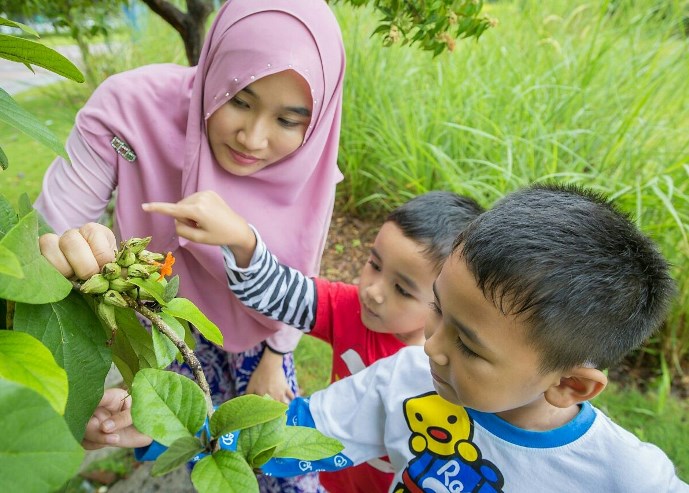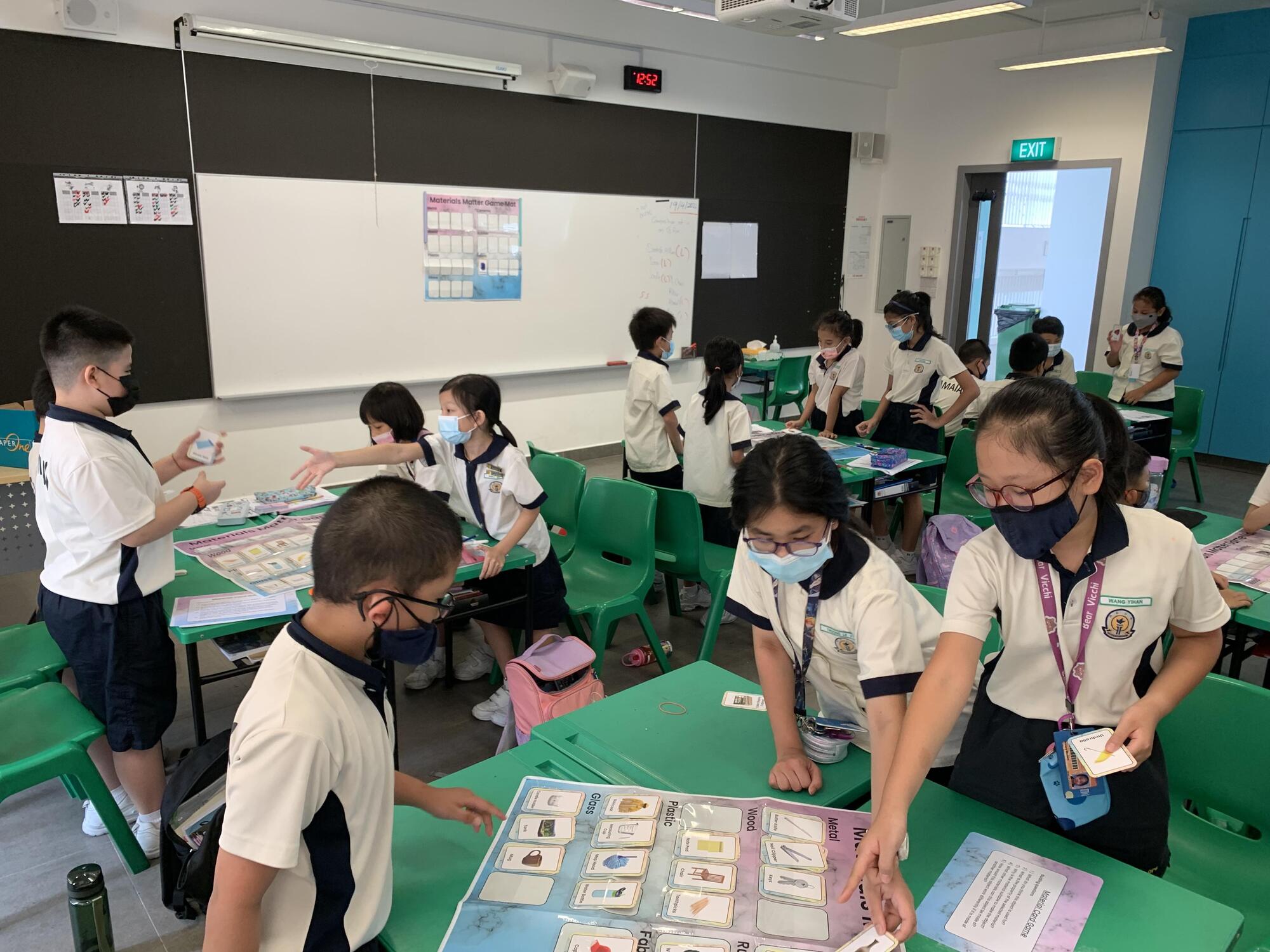Exploring Science Outdoors with Your Child
30 May 2017

Science is all around and the world is a living classroom for children to learn in! How can we as parents help nurture a love and curiosity for nature and science in our children?
There are many nature related activities and guided tours organised by NParks, the Singapore Zoo and Jurong Bird Park. But how can these activities be educational? How can you learn together with your child? Here are some tips!
- Match events to interests and topicsMany places of interest have activities that cater to different age groups. For example, NParks hosts tours, events and workshops and The Singapore Zoo organises thematic activities to cater to different interests. Find out about these events in advance and match them to your children’s interests. You may also wish to explore organising family events outdoors.
- Encourage questions and observations
Draw attention to your surroundings during the outing and encourage your children to observe. Engage them by raising questions. For example, as they observe plants, raise questions such as, “What do you notice about the leaves? How are the leaves similar or different?”When observing animals, look at their body covering. Guide your children to compare animals with questions such as, “What do the squirrels and the bears have on their bodies? What about the birds? Do they have the same outer body covering? Why do you think they need the covering?” By drawing similarities and differences between plants and animals, children can better appreciate the biodiversity around them.
Your children may sometimes pose questions which you have no answers to. Acknowledge their questions and set out to find the answers together with them as a post-activity.
- Document your experiencesEncourage your child to take photographs and notes about the plants and animals they observe is a great way to help children learn. At the end of the trip, you can consolidate by browsing through the photographs or notes, discuss what they liked and talk about what they have learnt from the experience.
Back at home, you can also display your children’s photos and notes on the wall to acknowledge their efforts and remind them of what they have learnt.
- Teach children to respect nature
When visiting places like a nature reserve, it is important for parents to reinforce in children the habit of reducing our disturbance to flora and fauna through their considerate actions. For example, we should not litter and should walk along designated paths to limit the damage of human presence. Also, resist collecting memorabilia along the way. We should also remind them to minimise, noise, so that we can also avoid frightening the animals.
Being immersed in the outdoors is a great way to help your children appreciate nature and make stronger connections between science and their everyday lives. Such experiences can cultivate interests and a sense of curiosity to learn and discover the things around them.
Of course, always be prepared before stepping out of your home. Dress appropriately, bring plenty of water and apply insect repellent on exposed parts of the body. Don’t forget to check the weather forecast!
Also, do check out the list of other local nature attractions that you can visit with your child and explore Science together!
Explore the outdoors at nature parks and reserves:
-
Jurong Lake Gardens
-
MacRitchie Reservoir Park
-
Punggol Waterway Park
-
Sengkang Riverside Park
-
The Southern Ridges
-
Sungei Buloh Wetland Reserve
Observe animals at the various local attractions:
-
River Safari Singapore
Get a glimpse of how science and technology have been useful:
-
Singapore Discovery Centre


.jpg)


